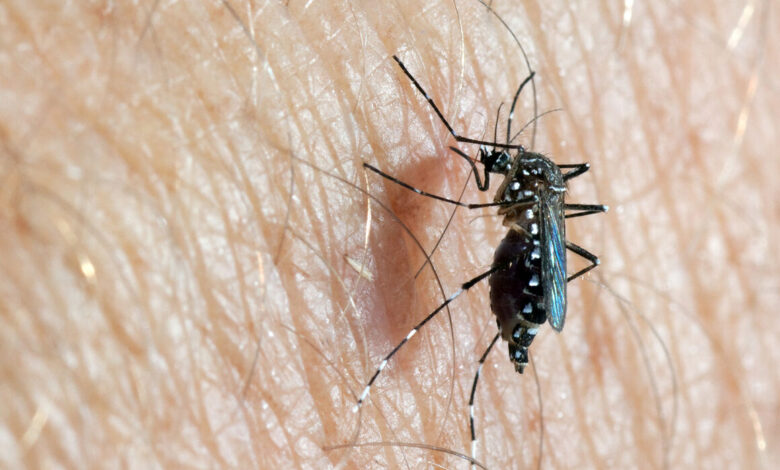
KARACHI: Sindh has reported its first dengue-related death of 2025, as a 24-year-old male patient succumbed to the disease at the Sindh Infectious Diseases Hospital.
Hospital officials confirmed that the patient had been on a ventilator for two days before passing away. His platelet count had dropped to a critically low 32,000, far below the normal range of 150,000 to 450,000, indicating the severity of the infection.
This marks the first officially confirmed dengue fatality in Sindh this year, though health officials caution that the risk of more cases remains — especially with the onset of the monsoon season, when mosquito-borne diseases typically rise.
Karachi Emerges as Dengue Hotspot
So far in 2025, Sindh has recorded 295 dengue cases, with Karachi accounting for nearly 90% of them. A total of 260 cases have been reported in the city, making it the epicentre of dengue activity in the province.
Read: Only 3% of Bank Accounts in Pakistan Hold Over Rs. 1 Million
In the month of June 2025 alone, Karachi logged 32 new cases. Meanwhile, the Hyderabad and Shaheed Benazirabad divisions reported zero new cases. The Mirpurkhas and Sukkur divisions recorded just one case each during June.
Looking at the year so far, Hyderabad division has reported 30 cases, Mirpurkhas and Sukkur reported 2 each, and Shaheed Benazirabad only one. This highly localized concentration of cases in Karachi has prompted renewed calls for targeted prevention efforts in the city.
Dengue Cases Drop Sharply Compared to Previous Years
Despite the recent fatality, overall dengue cases in Sindh have dropped significantly compared to previous years.
In 2024, Sindh reported 2,704 cases, while in 2023, the number stood at 2,880. The year 2022 saw a massive spike with 23,274 cases, the highest on record in recent years. For comparison, 6,739 cases were reported in 2021 and 4,318 in 2020.
Health experts believe the decline may be the result of improved vector control efforts, public awareness campaigns, and better healthcare infrastructure. However, they caution that complacency could reverse the trend.
With the monsoon season in full swing, authorities are urging the public to remain alert. The health department recommends eliminating stagnant water sources, using mosquito repellents, and seeking prompt medical care if symptoms like high fever, headaches, or body aches appear.
Sindh health officials continue to monitor the situation closely, especially in urban centres like Karachi. While the numbers may seem encouraging, experts agree — the fight against dengue is far from over.
Follow us on Instagram, YouTube, Facebook,, X and TikTok for latest updates
















